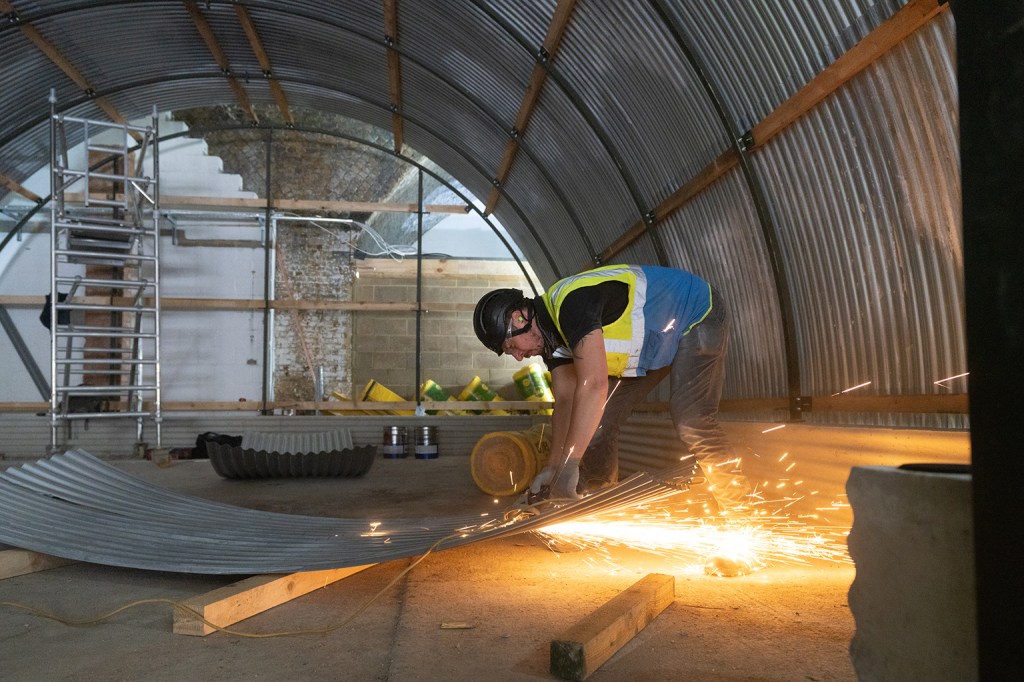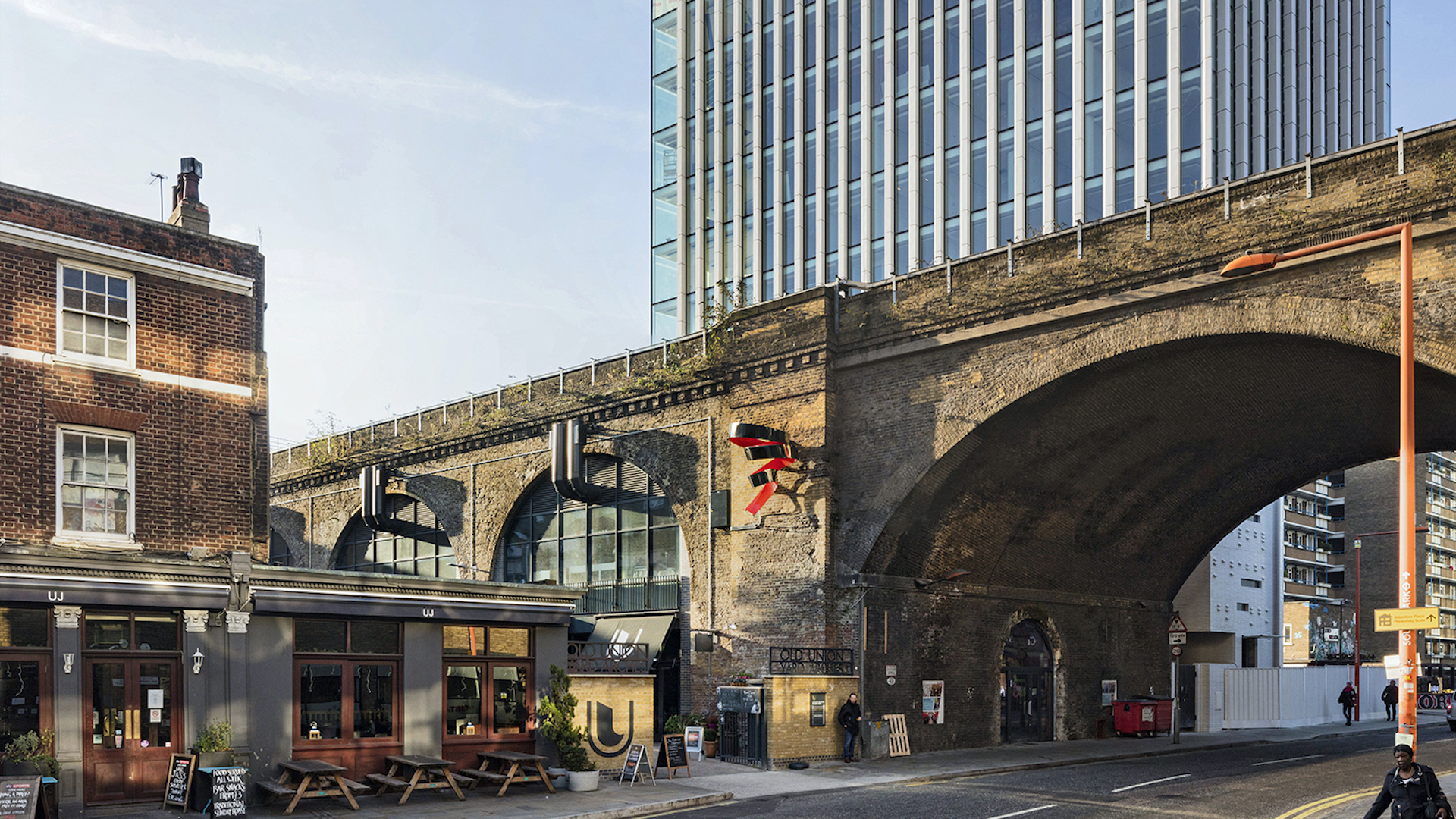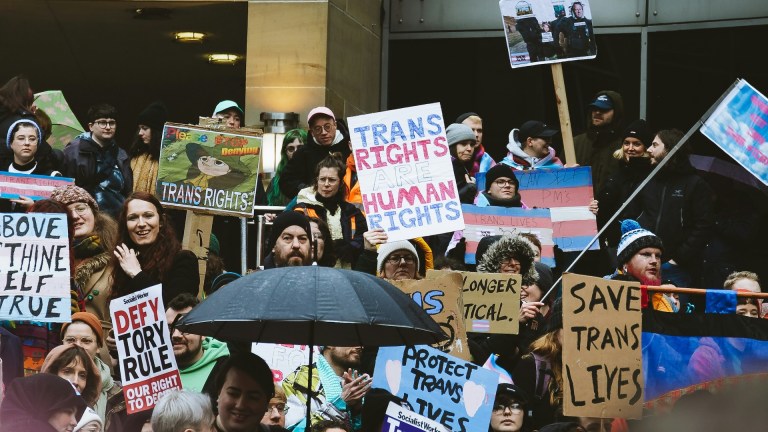Railways are places of fascination. These wonders of engineering provide the links across countries and continents that allow the movement of people and goods. They have been instrumental in many of the changes and advancements in our societies and, across the world, you can see communities living, often incredibly closely, beside the railway tracks, deriving their livelihoods from the rhythm of the railway and its industries.
Across South London a dominant feature of the Victorian railway structure is the elevated tracks criss-crossing the city, with mighty brick arches supporting the tracks and linear pathways along the base. When the railways were a new and wondrous invention, but an unaffordable dream for most citizens, people must have looked up in awe at the steam engines racing in and out of the city as they walked beside the tracks in the pursuit of their work and lives.
Since those days much has changed. London has become a diverse, thriving, dynamic city in which people from all over the world aspire to live. The railways continue to play a crucial role in everyday life. However, much of the social disparities of the Victorian age are still present in our modern-day city. This can be seen in the rapid redevelopment over the past 30 years where huge, often glass, architectural marvels and monsters for offices and housing have sprouted. Luxury apartments, increasingly remote and with outlandish marketing narratives, sell a dream of a safe but sanitised life of luxury elevated above the city. However, once again the vast majority of citizens view all of this from the street, as they go about their business and from the train journey home to the edges of the city.
Over the past 18 months, cities have experienced the biggest shake-up in recent history. As the shockwaves subside, city districts must look to the future, not try to piece back together a vision of the past. In too many ways divisions in society have been highlighted and intensified by the pandemic. But, in a strange twist, Covid may have acted to create an opportunity for a new direction in the shaping of our cities. People have fallen in love again with open and public spaces.

Many of us have rediscovered “slow living”, forced to spend long periods of time at home and in our local neighbourhoods. For example, city-centre rental values have been disrupted across the capital, the country, and globally. For next-generation enterprises, small business, entrepreneurs, makers previously priced out, now is the time to be opportunistic. Developers need to rethink carbon-copy streets and celebrate the individuality of places. For many, it has taken a global pandemic to demonstrate that successful places and sustainable development must be rooted within their communities, respecting local heritage and celebrating local stories.
Cities are ecosystems, and ecosystems need diversity and scale in order to survive and grow. One might argue that London’s ecosystem is struggling to breathe. It is through human scale and personal experience that we can also begin to rewild and make our cities more liveable again.









